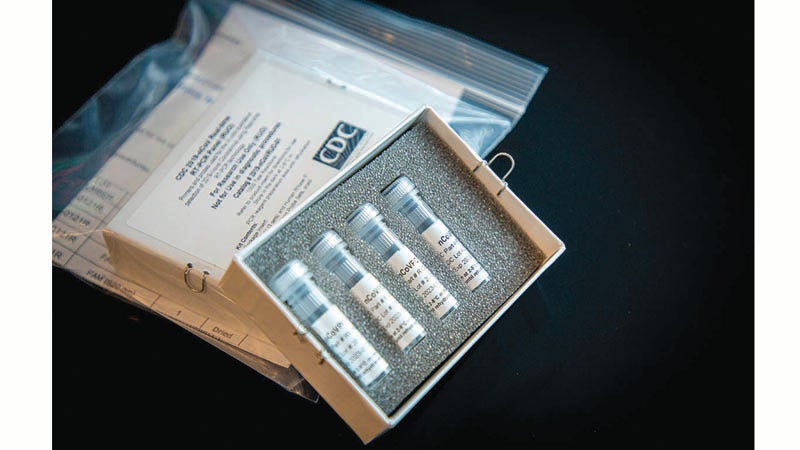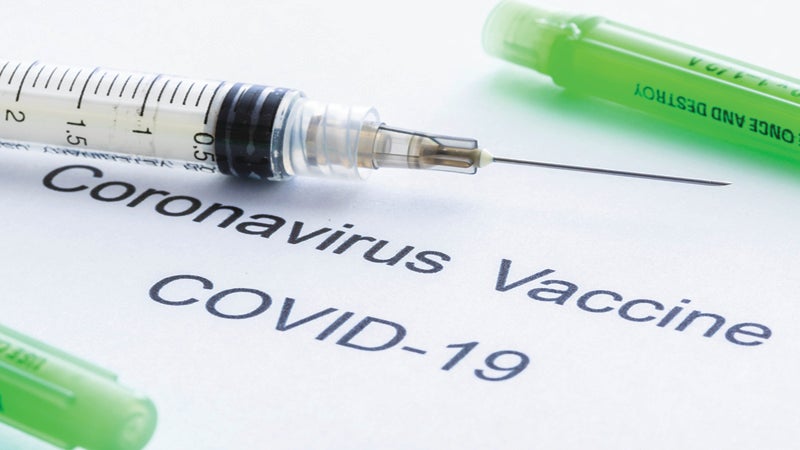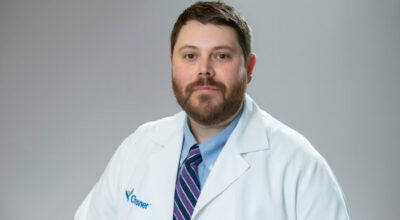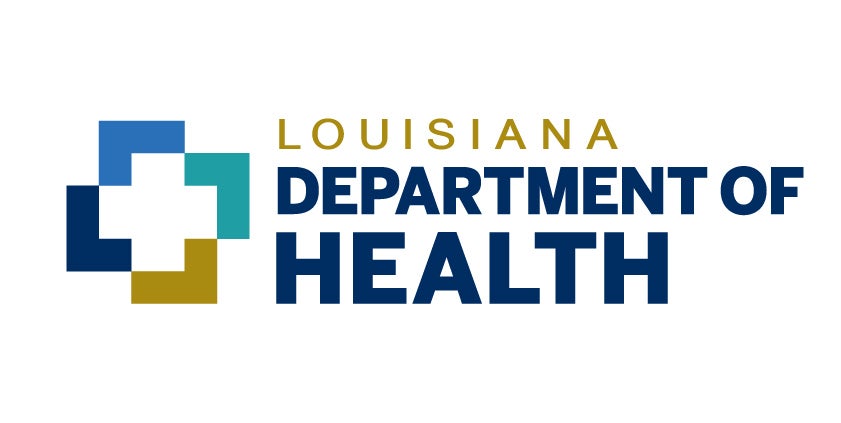COVID-19 Symptoms and Testing
Published 12:00 am Wednesday, March 25, 2020

- This is a picture of CDC’s laboratory test kit for severe acute respiratory syndrome coronavirus 2 (SARS-CoV-2). CDC tests are provided to U.S. state and local public health laboratories, Department of Defense (DOD) laboratories and select international laboratories.
|
Getting your Trinity Audio player ready...
|
The symptoms of COVID-19 are similar to the flu or a severe cold. If you think you have been exposed to the virus through contact with someone else who has been affected, you should call your health care provider immediately for medical advice.
Emergency warning signs and serious symptoms include:
- Difficulty breathing or shortness of breath.
- Persistent pain or pressure in the chest.
- New confusion or inability to arouse.
- Bluish lips or face.
The Centers for Disease Control and Prevention states that this list is not all-inclusive and urges Americans to consult their medical provider for any other symptoms that are severe or concerning.
When testing is necessary
If you are a close contact of someone with COVID-19 or you live in a community where there is ongoing spread of COVID-19 and develop symptoms of COVID-19, call your health care provider and tell them about your symptoms and your exposure. They will decide whether you need to be tested.
People who are mildly ill may be able to isolate and care for themselves at home. Your local medical professionals will be able to consider your case and deliver sound advice.
What if you are sick?
The CDC makes the following recommendations to those feeling sick or afflicted with a mild case of COVID-19:
- Stay home. People who are mildly ill with COVID-19 are able to isolate at home during their illness. You should restrict activities outside your home, except for getting medical care.
- Avoid public areas. Do not go to work, school or public areas.
- Avoid public transportation. Avoid using public transportation, ride-sharing or taxis.
Contacting your doctors
People at higher risk for serious illness from COVID-19 should contact their health care provider early, even if their illness is mild. This can help doctors make more informed decisions, like whether or not you should be hospitalized or if you should be tested for the virus.
The CDC reports that older adults and people who have severe underlying chronic medical conditions like heart or lung disease or diabetes seem to be at higher risk for developing more serious complications from COVID-19.
If you are very sick, get medical attention immediately. If you develop emergency warning signs for COVID-19, get medical attention immediately.





